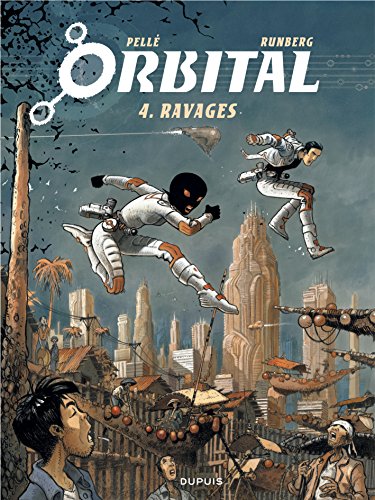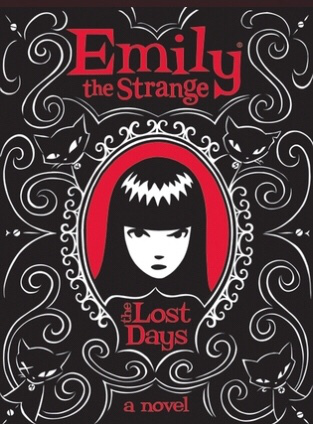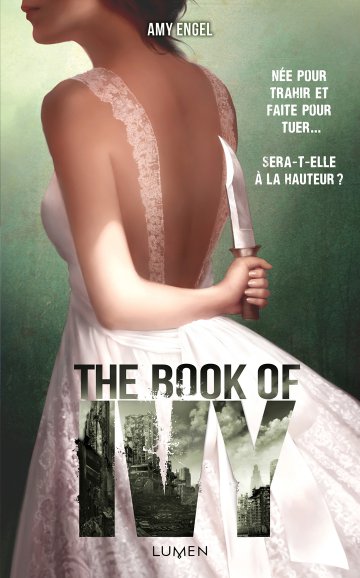

When Breath Becomes Air by Paul Kalanithi:
Read this book, people. I can’t say enough good things about it. The writing style is sparse; Kalanithi chooses his words with economy and his lines are pure and simple. Reading this is like breathing, like taking a breath, and how unconscious it is until you stop to realize: Why, I’m breathing.
That was how I felt while reading When Breath Becomes Air. I forgot that I was reading until I took time to pause, and then I suddenly realized that oh, I was reading. That these words that flowed as if in time with my own blood were not my own.
The odd thing is that Kalanithi’s writing style is nothing like my own. Yet, his voice is so pure and so uncluttered by all the things that normally clutter a writer’s voice: ego and the pursuit of fame, the pursuit of good reviews and ratings and sales, etc. When you take these away, when you strip off all of the outside factors, you’re left with only this: a writer’s voice. It’s a beautiful, and startling, and scary thing.
Here’s a brief recap: Kalanithi is finishing up his residency training in neurological surgery and postdoctoral fellowship in neuroscience when he experiences backaches and general fatigue. He ignores it, believing it is simply part of the rigorous schedule, the sixteen and sometimes longer days, the hours and hours spent standing in surgery.
Then he discovers that he has lung cancer. At this time, he and his wife haven’t been getting along, have been talking about a trial separation. And yet they manage to merge together and build a better life, in the face of death.
And don’t worry, this isn’t a Hollywood everything-is-peachy account of a man dying and his wife standing by him. It’s gritty, and real, and sometimes it isn’t pretty, though the language is always beautiful.
The book is oddly and resoundingly positive, even though it chronicles a man facing his own death. Yet the very act of recording his experience, of trying to understand and make sense of it and then share that experience and sense with readers, well, if that isn’t love, I don’t know what is.
The book closes with this beautiful passage addressed to his daughter, who I believe is around eighteen months when he dies (see if you can read this without getting teary-eyed, okay?):
“When you come to one of the many moments in life where you must give an account of yourself, provide a ledger of what you have been, and done, and meant to the world, do not, I pray, discount that you filled a dying man’s days with a sated joy unknown to me in all my prior years, a joy that does not hunger for more and more but rests, satisfied. In this time, right now, that is an enormous thing.”
Rating: Yes, yes, yes, I highly, highly, highly recommend When Breath Becomes Air.
And since I’m a bit behind, seeing that it’s already March (March!) and I’ve yet to post January’s books, I’ve decided to tack them to this post.
I’ve challenged myself to read 70 books this year. That’s a little less than six books a month. Or, to be exact, 5.8333.
I didn’t quite make that goal in January. But don’t worry (spoiler alert: I made up for it in February).




The Good Mother by Sue Miller: I read this before, years ago, and though I still enjoyed it, I didn’t love it as much this time as I did then. Don’t get me wrong, I liked it, and it’s well written, the story flows. It’s just that I didn’t love the relationship between Anna, the main character, and her artist lover, Leo. Yes, I understand the pull of the erotic element. Yet too often, Leo comes across as self-centered and immature; I don’t know how many times I wanted to yell through the pages: “Honey, you deserve more than he can give you.” This, you know, kind of ruined the reading at times. Still, a good and engrossing story. Yes, I recommend.
Running with the Kenyans by Adharanand Finn. Okay, I love me a good memoir and I love me a good running book so I thought, perfect, this will tie them both together. It did, and it didn’t. Here’s the premise: Finn, who is approaching middle-age, realizes that his glory running days are almost behind him. He decides he wants to become a better, and faster, runner. So he moves his wife and family (small children are involved) to Kenyan, so that he can interview and learn from some of the top trainers and runners. So far so good, right? Yet, he becomes too involved in the running aspects and neglects what would make the story deeper and richer: how the move, and living in Africa, impacts his relationship with his wife and children. Oh, he mentions them briefly here and there. But mostly he centers on himself and his quest to uncover the secrets of the Kenyan runners, which becomes a bit tiresome. All-in-all, an average running book that carried untapped potential that were, unfortunately, never uncovered. Yes, I’d recommend to running obsessed readers. Everyone else? Well, there are probably better memoir choices out there.
Walk Me Home by Catherine Ryan Hyde: I love Hyde’s voice in this work about two young sisters walking across the country to locate Teddy, their mother’s ex-boyfriend, after their mother’s death. Carla, 16, tries to make adult decisions while looking after Jen, 11. The majority of the book takes place on the Navajo Reservation, and the descriptions are lovely. However, Carla’s reasoning didn’t always ring true; at times, they felt forced. So while I loved the voice, the story wasn’t always as strong, or as believable as I would have liked. Yes, I recommend as a solid and fast read.
Just Like Other Daughters by Colleen Faulkner: It’s not often that I come lovable characters that also have Down’s Syndrome (and trust me, there should be more out there, too). Alicia is the mother to 25-year-old Chloe, who has Down’s Syndrome, and Alicia’s world veers sharply when Chloe falls in love with Thomas, a mentally challenged man in her daycare program. It’s an unusual story and with unusual challenges, and for the most part it’s well done. However, there are places where the point of view changes, with no warning, from Alicia to Chloe, which is a bit jarring. Still, Faulkner weaves a heartbreaking story that opens readers up to another way of living, and thinking, and viewing the world. The ending, while a little unrealistic, is bittersweet and satisfying. Yes, I recommend.
Advertisements Share this:




